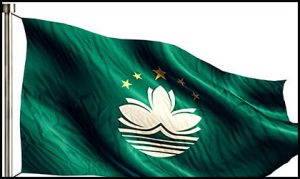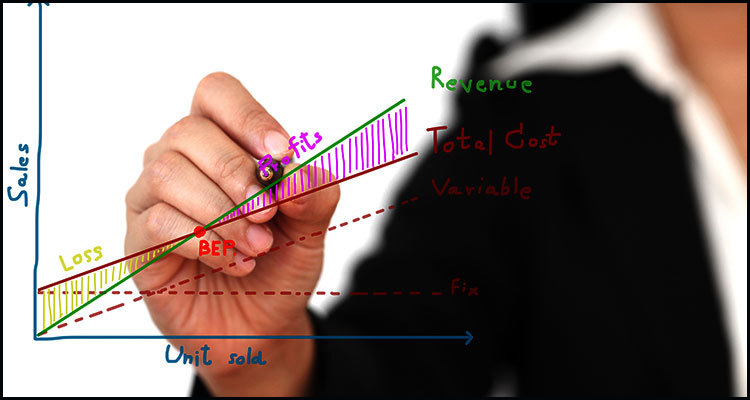In Macau and the enclave’s Economy and Finance Secretary has reportedly warned that aggregated gross gaming revenues for September are likely to be lower when compared with the same month last year.
According to a report from GGRAsia, Lionel Leong Vai Tac made the revelation on Monday by declaring that the outlook for the 30-day period ‘does not look satisfactory’ and that his office was now set to ‘keep a close watch’ on overall unemployment and consumption rates.
Ready response:
Leong is responsible for all public policies relating to the city’s gigantic casino industry and additionally reportedly stated that he was prepared to introduce schemes to help invigorate the local economy if a ‘serious’ downward trend was to be identified. He moreover explained that these could encompass a range of stimulus measures such as accelerating work on a number of infrastructure projects.
Continuing crash:
Macau chalked up a 0.46% year-on-year decrease in first-quarter aggregated gross gaming revenues to about $9.43 billion alongside a slightly steeper 0.48% second-quarter diminution to just over $9.08 billion. This was followed by a corresponding 3.5% drop for July to $3.02 billion while the around $3 billion recorded for August had represented a comparable deterioration of 8.6%.
Citing official figures from Macau’s Gaming Inspection  and Coordination Bureau and GGRAsia reported that aggregated gross gaming revenues for the first eight months of 2019 stood at approximately $24.54 billion, which corresponded to a plunge of 1.9% year-on-year. To make matters worse, this had purportedly been prefaced by a 2.5% decline in the city’s overall economy for the six months to end of June where the value of exported gaming services had slumped by 0.7%.
and Coordination Bureau and GGRAsia reported that aggregated gross gaming revenues for the first eight months of 2019 stood at approximately $24.54 billion, which corresponded to a plunge of 1.9% year-on-year. To make matters worse, this had purportedly been prefaced by a 2.5% decline in the city’s overall economy for the six months to end of June where the value of exported gaming services had slumped by 0.7%.
Multiple causes:
Leong reportedly blamed the prospect of lowered September aggregated gross gaming revenues on a number of factors including a recent depreciation of China’s yuan currency when compared with Hong Kong and United States dollars. He also purportedly pointed a finger at the ‘China-US trade war’ and ‘external incidents’ such as the upheaval caused by the ongoing political protests in nearby Hong Kong.



